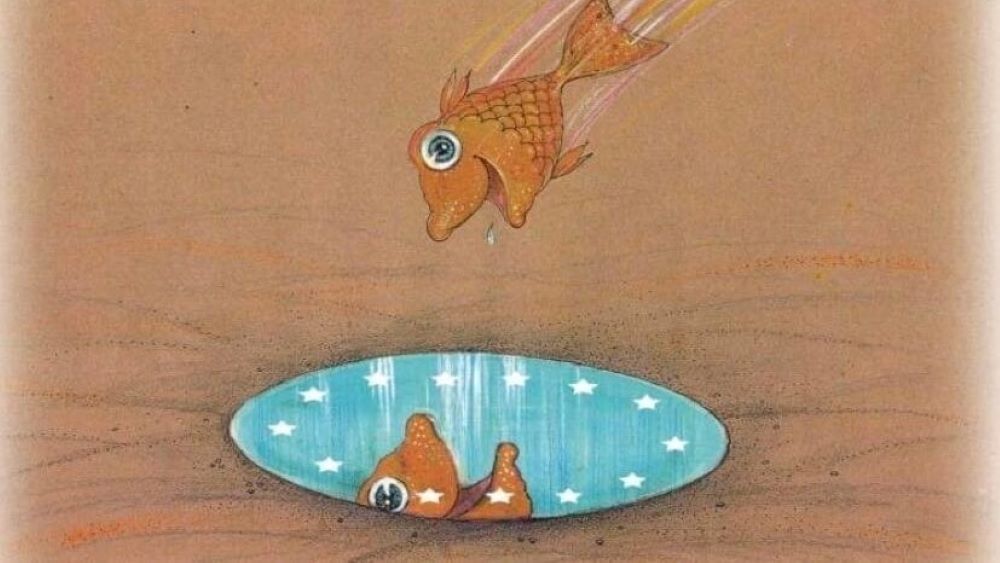The countries of the Western Balkans and the EU are still moving in a vicious circle of numerous unfinished, slow initiatives that are piling up while the states are standing in place.

Jovana Marovic
June marks 20 years since the Thessaloniki summit, where leaders of the European Union member states adopted the Declaration on the European perspective of the Western Balkans. June also marks 11 years since Montenegro began official negotiations on full membership in this supranational community, which makes it the country that has been in the process of fulfilling accession conditions for the longest time out of all that have negotiated so far (Croatia became a member eight years after the opening of negotiations, and ended the negotiations in six). We are witnessing these infamous jubilees partly because the EU changed conditions that the countries of the Western Balkans must fulfill, making them stricter, but also because the achieved level of reforms in Montenegro, as well as in other countries of the region, is still not sufficient to enter the final phase of the integration process.
Although the title of Leader in the process of European integration, which we have been “proudly carrying” for many years has no significance after unsuccessful attempts to make that decisive turn, paradoxically, Montenegro still has the greatest prospects and chances to join the Union. The path has its demanding conditions related to corruption, crime, employment based on the principle of merit, independence of institutions, or, in other words, all that is necessary for the functioning of the rule of law. Although reducing deep polarization in society and achieving a two-thirds majority in parliament for important reforms have so far been major challenges for fulfilling what the European Commission has set before us, defining the key priorities necessary for EU membership can be achieved regardless of the balance of power, because all political parties are declaratively in favor of membership in the EU, and these are also the expectations of 76% of citizens who still strongly support this foreign policy goal. Regardless of the fact that the country is in a constant state of political crisis, broken and politicized institutions, a stable Government with a clear agenda could make the necessary progress within one mandate. Only that level of growth and ‘completion of homework’ would allow us to put to the test the newly awakened readiness of the EU to integrate us. I say new, because the rhetorical commitment to the region and pushing the enlargement process as one of the priorities is actually an expected reaction to Russian aggression and the war in Ukraine. However, there are no important novelties in the approach, apart from the rhetorical transformation and several decisions (opening of negotiations with Albania and North Macedonia, candidate status for Bosnia and Herzegovina, visa liberalization for Kosovo) which are important after many years of delay, but would have had a much greater effect on democratization and connecting the region if they had come on time.
Montenegro, the countries of the Western Balkans and the EU are still moving in a vicious circle of numerous unfinished, slow initiatives that are piling up while the states are standing in place: with semi-consolidated democracies or hybrid regimes, growing nationalism, foreign influences where the lack of democracy is actually a springboard for the spread of authoritarianism. The EU is not in a hurry to develop certain good mechanisms in the new enlargement methodology that it presented recently, such as road maps or incentives for achieved results ,so we are still waiting for a concrete answer to the new geopolitical reality. The answer to the question of whether we will forever remain leaders in the second-tier competition, with no chance of moving to the first league, depends on the sincerity of the actions and reactions of both the Montenegrin and European sides.
The formula for this transfer is simple: 1. results – 2. concrete benefits for citizens – 3. benefits of full membership.
Jovana Marović is a member of the Balkans in Europe Advisory Group (BiEPAG) and former Vice President and Minister of European Affairs in the Government of Montenegro.



Leave A Comment